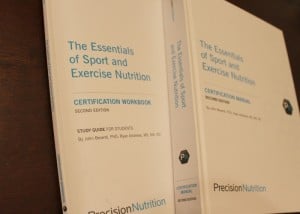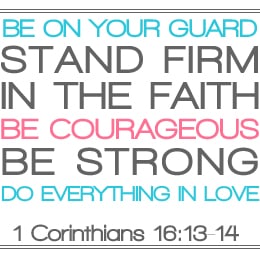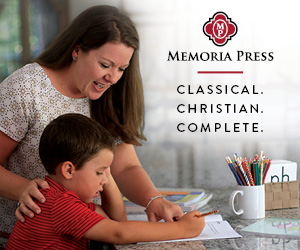I did it! I passed the Precision Nutrition Level 1 Certification! If you are unfamiliar with this certification it is an in-depth scientific based course on nutrition and how to successfully coach clients to achieve the results they desire. The course is self study and you can take the test whenever you feel ready. Twice a year the course opens for enrollment. The cost of the certification isn't cheap and is an investment at $800. In my opinion it is well worth the money. Several years ago I took NASMs Fitness Nutrition Specialization (FNS), this course is $499, and was disappointed with the content. If you are debating between the two go with Precision Nutrition. I really dislike writing anything negative about NASM because I do believe they have an awesome CPT (Certified Personal Trainer) program. The PN1 course provides 1.9 out of your 2 CEUs needed if you are certified via NASM. That with your CPR/AED training provide all the CEUs needed to keep your certification … [Read more...]
Workouts, Recipes, & Biblically Grounded Encouragement.

Hi, I am Tamara. I am a Christ follower, firefighter wife, homeschooling mama to four, certified personal trainer, and nutrition coach. Welcome to The Workout Mama! You will find workouts, recipes, and Biblically grounded encouragement. I am so glad you are here.
Disclaimer
I am not a licensed medical professional. All views expressed on this website are based on my own personal research and experiences. Please consult your doctor with any medical issues, or before beginning a training program.
All photos and images on the blog are by The Workout Mama unless otherwise specified. I always want to make sure photos are fairly credited so if you catch a photo without the right sourcing, please be sure to let me know. In the same way, If you would like to share a photo from this blog, please just make sure it is linked back.
Sometimes I receive products/services compliments of various companies. I only commit to sharing a review of products I love and think my readers will too. I am also a member of affiliate programs. This means if you purchase an item from a link I provide to those shops, I might receive a commission. I only share products and services that I would personally use and think are a good fit for my readers. Thank you for supporting the sponsors that help support our family.
Copyright © 2026 · Georgia Child Theme on Genesis Framework · WordPress · Log in











